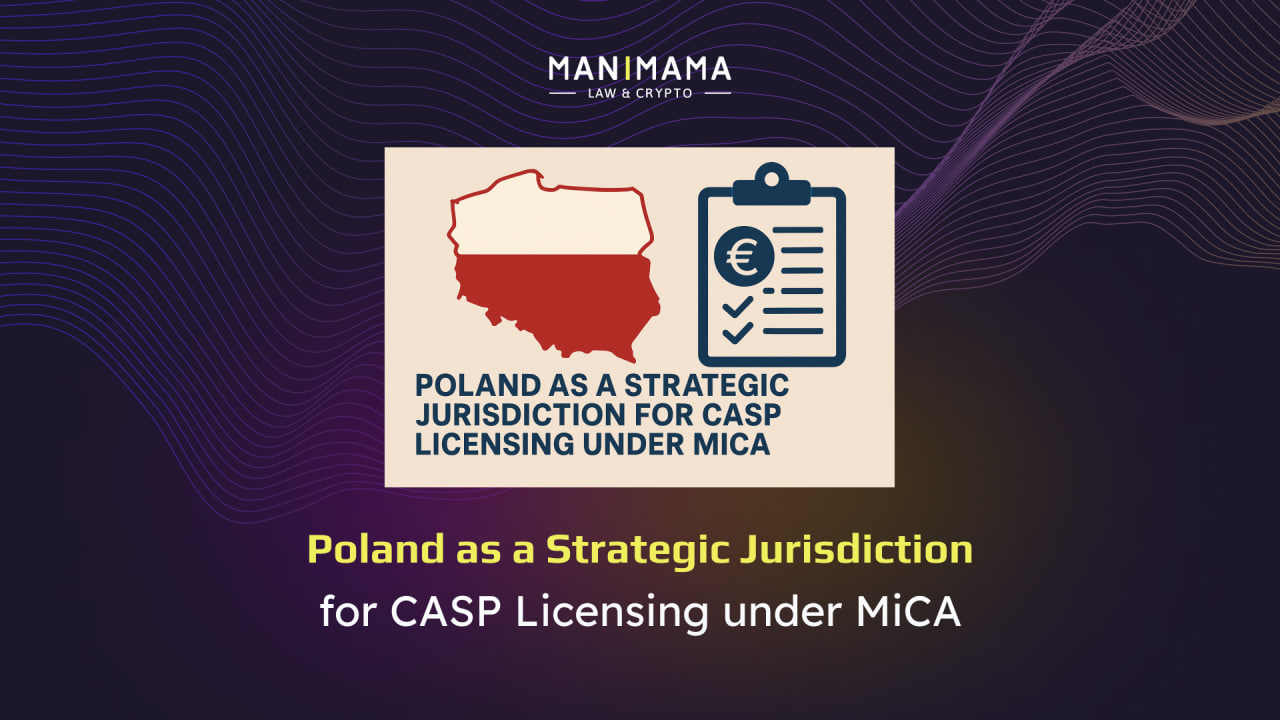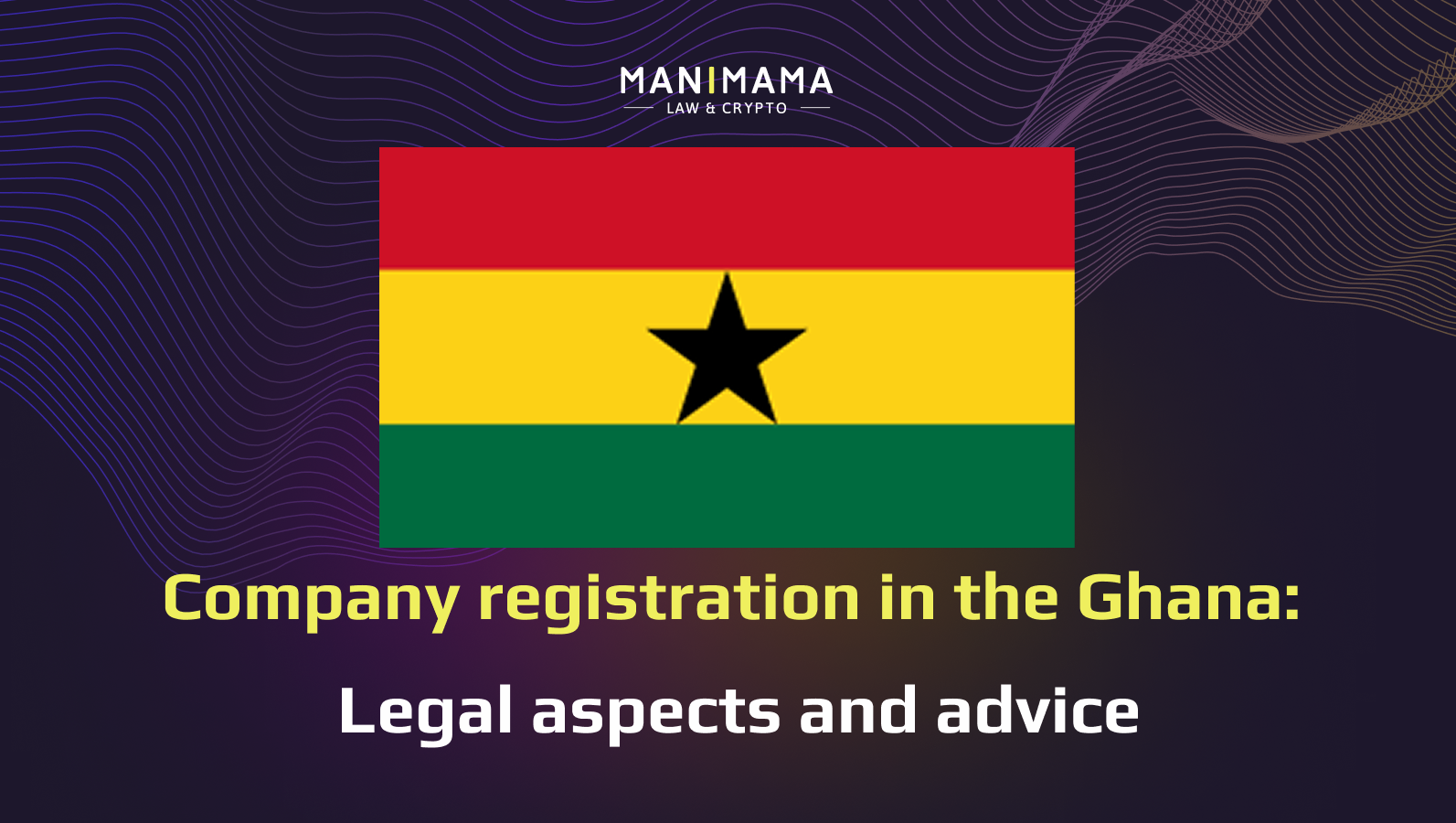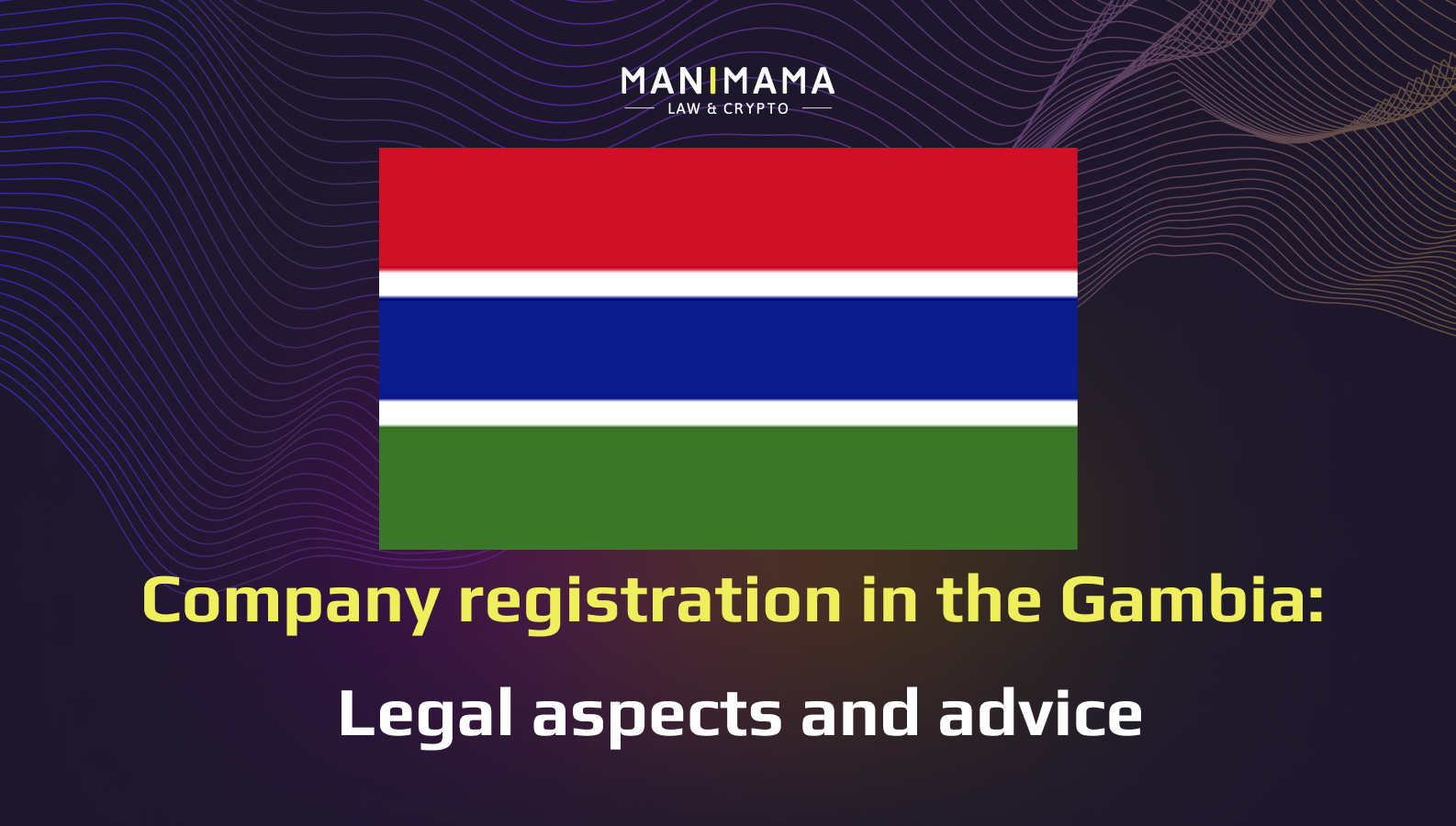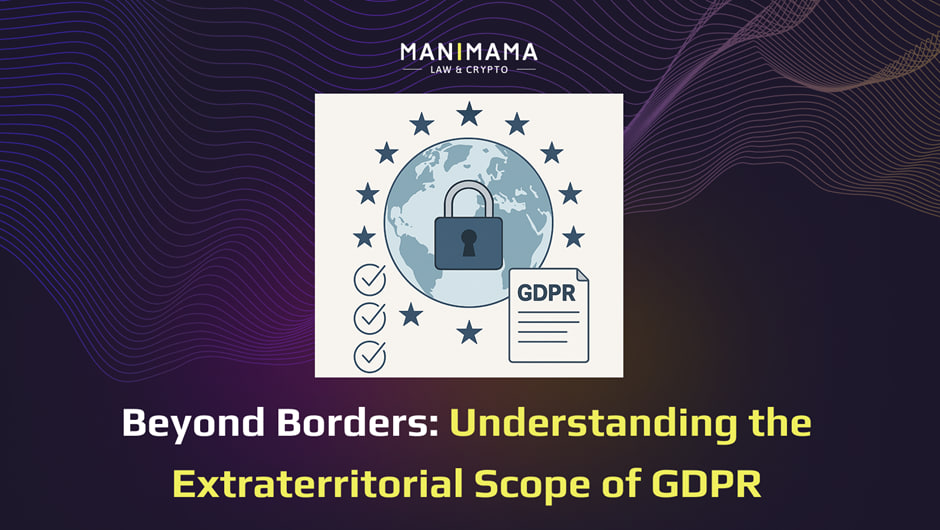With the development of the financial monitoring system, money launderers are also improving and coming up with new ways to legalize illegal proceeds.
Tourism and money laundering are seemingly two unrelated subjects. However, the tourism sector has become almost one of the main fields for money laundering by criminals. It is not for nothing that criminals choose unscrupulous travel companies as an intermediary to integrate illegal funds into the financial system.
As is well known, money laundering occurs in three stages: placement, layering, and integration. The nature of travel agencies allows them to be used in all three stages. That is why VASPs and other obligated entities should carefully think about the risk scoring of travel agencies; do not rush to assign them a low or even medium risk level.
Financial Crimes Enforcement Network (“FinCEN”) turned its attention to travel agencies back in 2003. On February 24, 2003, an Anti-Money Laundering Program for Travel Agencies was issued, where FinCEN for the first time drew attention to the risks that travel agencies pose and offered recommendations for their risk management.
What is the danger of travel agencies? The dimension to which particular attention should be paid is that travel agencies are not financial institutions. Accordingly, in most countries, travel agencies are not required to follow anti-money laundering legislation and conduct due diligence on their clients. For example, the Money Laundering and Terrorist Financing Prevention Act of Estonia in Paragraph 2 lists the obligated entities that are subject to the requirement to verify clients, report suspicious transactions to the FIU, etc, however, this paragraph does not include travel agencies, and it makes them a perfect target for money launderers.
The travel agency is a cash-intensive business that offers travel and tourism-related services to the public as a result of agency agreements with airlines, cruise lines, hotels, and other suppliers of travel-related services. Thus, travel agencies can be used by money launderers to mix illegal funds with clean money to make the illegal funds appear legitimate, by providing a reason to purchase high-priced airline tickets, hotels, and other vacation expenses.
After purchasing expensive services, clients might change their mind or feel buyer’s remorse. In these cases, clients usually ask for a chargeback. For example, expensive travel arrangements can be paid for in cash or by third parties and later refunded by known airlines or hotel chains in wire transfers. This transfer of funds would raise minimal suspicion at the recipient’s financial entity.
Chargebacks are another reason to think about risk assignment of travel agencies since they most often have an elevated level of chargebacks and are highly susceptible to fraud.
In addition, travel agencies reportedly have been used to transfer value through the provision of in-kind services. A travel agent sending groups to a foreign country, for example, can make an offsetting payment in a foreign entity’s EU or other account and instruct that entity to cover the costs of the group during their trip. This method is one way that businesses involved in informal value transfer systems, such as hawala, can transfer funds between entities in various countries.
Travel agencies can also be created and used as a cover for the terrorist organization. For example, terrorists can use travel agencies to address logistical challenges, such as planning travel and entering false identities into travel arrangements, all while limiting the risk of detection.
There is already a known case when Islamic State of Iraq and Syria (“ISIS”) created the travel agency in Indonesia to facilitate safe travel for terrorists and avoid detection. In 2015, Indonesian militant suspect Gigih Rahmat Dewe opened a travel agency on Bintan Island, Indonesia. The agency was initially funded by $2,800 provided by Dewe’s handler, Bahrun Naim, an ISIS operative in Syria who was known to have been involved in several terrorist plots in Indonesia. The travel agency’s mission was to facilitate the safe travel of terrorists to their assignments, provide a legitimate cover for money laundering, and generate revenue to fund terrorist attacks. The plan only worked for a few months before the Indonesian National Police’s counter-terrorism squad arrested Dewe and his accomplices for planning an attack on the Marina Bay Sands, a luxury hotel in Singapore.
So, summing up the results of travel agencies’ risk assessment, the following key takeaways can be defined:
- travel agencies are cash-intensive businesses;
- travel agencies can be used to solve logistics problems for terrorists;
- travel agencies can allow the use of false identities;
- travel agencies can be used in all three stages of money laundering.
Therefore, it is recommended to assign a high-risk level to travel agencies. However, it is also necessary to consider that risk assessment is an ongoing process and if the business relationship with the travel agency does not show signs of suspicious activity, the risk can be reduced to medium.
The content of this article is intended to provide a general guide to the subject matter, not to be considered as a legal consultation.
photo source











